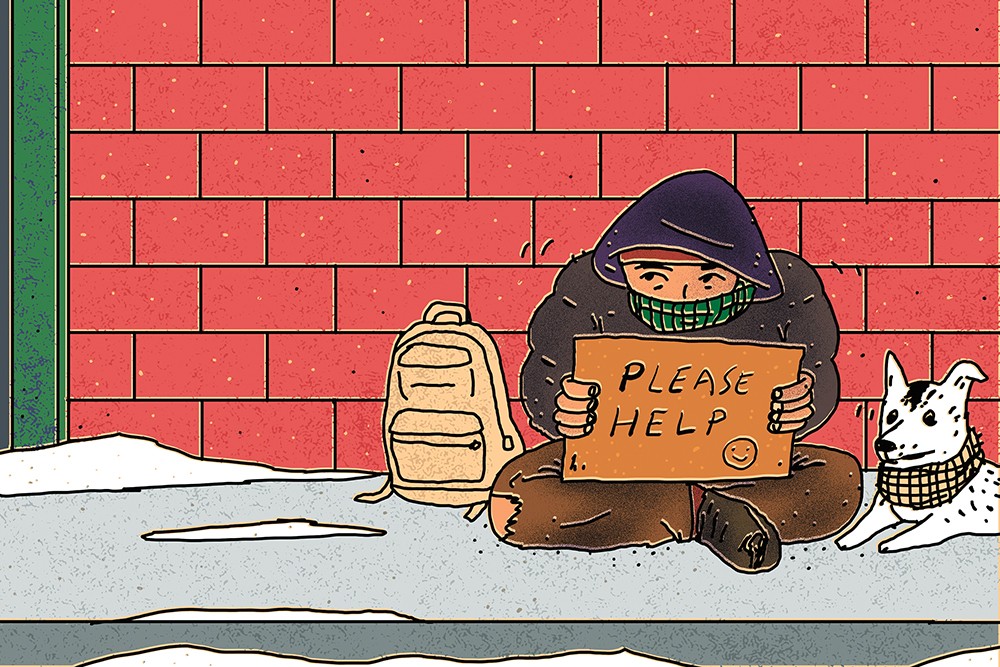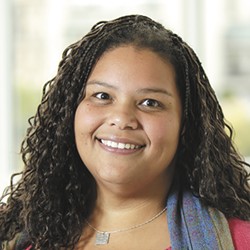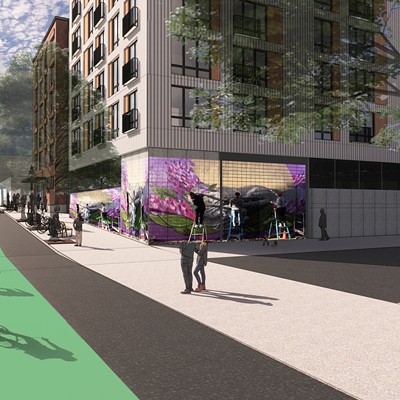I am not proud of this, but I used to avert my eyes when encountering someone with cardboard sign in hand, asking for assistance. I evaded glances when noticing someone carting around their belongings. I avoided glimpses, when someone, fallen on hard times, sought interaction.
Outward expressions of need always embarrassed me, but it would take me a long time to admit this. In the end, we own all our feelings. Emotions, even those initially ignited by external stimuli, ultimately stem from within — when left unchecked, they become the baggage we carry. Instead of internalizing my problematic responses, I imbued extraneous blame, bringing some skewed sense of absolution. But repression often results in misplaced malignment, preconceptions confirmed through judgmental, guilt-ridden or distancing lenses. I sympathized, feeling sorrow for sad situations, but failed to find empathy, seeing myself in another.
In retrospect, I see now that my discomfort with need developed early. I reared myself into a parentified-child, hoping to lighten the burdens of a family frequently fighting over financial problems. My aim to always appear at ease, essentially self-sufficient, often succeeded. I only recall a handful of times when I broke, shattering in sobs, tantrums and tears, right into the arms of a most-loving mother. Reluctant and exhausted, I'd finally accept assistance, but eventually succumb to the cycle.
Society's tacit bargain is powerfully seductive. Though critical in thought of "rugged individualist" notions, my actions often affirmed some version of bootstrap mentality. In this life, I've been lauded for living in alignment with normative expectations. At various times, I've played roles that reflected these pretenses — "model-minority," assimilating without expressing anger for wrongs un-atoned, an independent, professional woman, who "doesn't need a man," a workaholic never setting boundaries, and a girlfriend, more akin to parent than partner.
Luckily, one serendipitous question served as the catalyst for change. During an argument, in a moment of miscommunication and shared desperation, someone asked, "What do you want, Inga?" Shocked, I realized I had no genuine answer. So now I am committed to the daunting challenging of introspection and opening for real connection.
Facing need in others used to unnerve me because I had suppressed my own. Seeing someone struggle on the street seemed like the apex of my greatest fears. Becoming clearer about my need — for things like family and home, love and attachment — has been a step forward. I can express gratitude for what I do have and grapple with what's left unmet, creating healthier solutions. Getting proximate to need has forever altered my relationships. Volunteering with "The Solution is Hours" helped me understand that while at times overwhelming, need doesn't have to render us powerless. When I am able to look it directly in the eye, I am better able to see its nuance, giving me increased capacity for objectivity and less judgment.
Casting aspersions on the speck in another's eye is certainly easier than confronting our disconcerting American reality, like the facts that two-thirds of us have minimal savings, one crisis away from devastation, that subprime mortgages robbed people of their dream homes, and that despite working hard and doubling-up with family or roommates, housing remains unaffordable as wages stagnate. To progress, we must move past predilections for averting, evading and avoiding.
I now know that I can meet my own needs while offering what I have the ability to give in the moment — be it a sandwich, a smile, a sense of connection or my words in an attempt to advocate. This holiday, I only have one wish. I ask that Spokane, my home and this city, join together to ensure that everyone has warmth and shelter, a way to keep safe while we work to find more permanent solutions. ♦
Inga N. Laurent is a local legal educator and a Fulbright scholar. She is deeply curious about the world and its constructs and delights in uncovering common points of connection that unite our shared but unique human experiences.






















